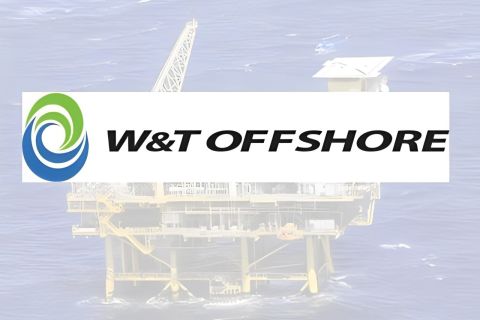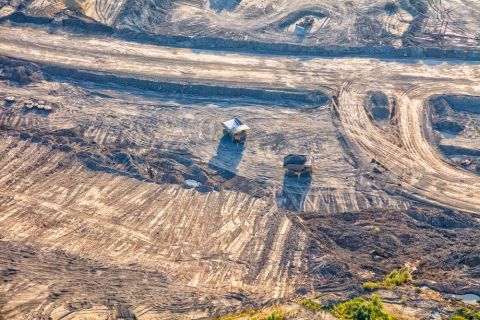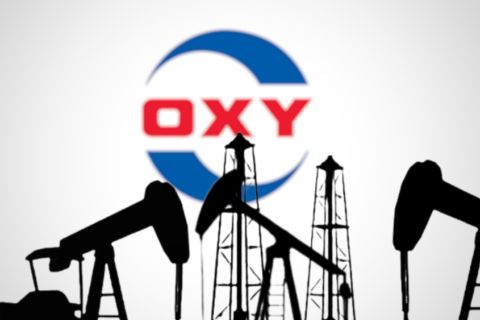Microbial enhanced oil recovery (MEOR) is getting increased attention as companies continue to seek ways to produce oil that has already been discovered. As Glori Energy pointed out, the oil remaining in the ground in mature fields is a prime target for producers. The companies know the oil is there and need the technology to produce it.
Stuart Page, Glori’s CEO, said its Activated Environment for Recovery of Oil (AERO) System is a new approach to an old problem – producing oil left in the formation after initial production.
The technology is designed to enhance production during waterfloods by continuously adding a custom blend of nutrients into the wells to stimulate microbes, “disrupting the interfacial tension between the oil and water and improving water sweep and oil mobility,” he explained.

A Glori Energy field scientist tests AERO System water at the Green Field Project, an oil field owned and operated by Glori, in Seward County, Kan. (Image courtesy of Glori Energy)
Currently, the company is working in sandstone reservoirs. As Page noted, the microbes are already in the formation. By introducing nutrients, the microbes are able to grow on the oil, developing biomass and ultimately causing a collapse in interfacial tension between oil and water as microbes compete for access to the oil, releasing the oil. As an added benefit, the biomass also changes waterflow patterns at the reservoir’s pore-throat level, resulting in more pathways for oil flow.
Glori’s AERO system is deployed at the injector well by hooking a field unit into the injector system. The field unit moderates the addition of nutrients into the flow and reports back data to Glori to ensure continuity and functionality. By initiating reactions at the injector, the impact is seen in the reservoir as an increase in residual oil recovery.
Glori was founded in late 2005 and has benefited from R&D drawn from technology collaboration agreements with Statoil in Norway, Biotopics in Argentina, and the Energy Resource Institute in India. Glori also is collaborating with the Winogradsky Institute of Microbiology of the Russian Academy of Sciences on developing effective EOR methods for carbonate reservoirs, which would complement its system in sandstones.
Page said the process can increase production of original oil in place by 9% to 12%. Real-time production rates could show increases anywhere from 30% to 100%.
“We’ve only been commercially marketing the AERO system for the last year, and we are seeing growing traction. More companies are interested in running pilot projects,” he said. Currently Glori is active in the US, Canada, Oman, and Brazil.
The oil companies do need to be educated about the process. For the most part, operators spend a lot of money trying to kill bacteria. AERO is changing the perception of bacteria in the formation. With time, the reputation bacteria has for being detrimental will diminish, he emphasized.
Recommended Reading
Exxon, Chevron Tapping Permian for Output Growth in ‘24
2024-02-02 - Exxon Mobil and Chevron plan to tap West Texas and New Mexico for oil and gas production growth in 2024, the U.S. majors reported in their latest earnings.
Will the Ends Justify the Means for W&T Offshore?
2024-03-11 - After several acquisitions toward the end of 2023, W&T Offshore executives say the offshore E&P is poised for a bounce-back year in 2024.
Canadian Natural Resources Boosting Production in Oil Sands
2024-03-04 - Canadian Natural Resources will increase its quarterly dividend following record production volumes in the quarter.
Buffett: ‘No Interest’ in Occidental Takeover, Praises 'Hallelujah!' Shale
2024-02-27 - Berkshire Hathaway’s Warren Buffett added that the U.S. electric power situation is “ominous.”
The One Where EOG’s Stock Tanked
2024-02-23 - A rare earnings miss pushed the wildcatter’s stock down as much as 6%, while larger and smaller peers’ share prices were mostly unchanged. One analyst asked if EOG is like Narcissus.





